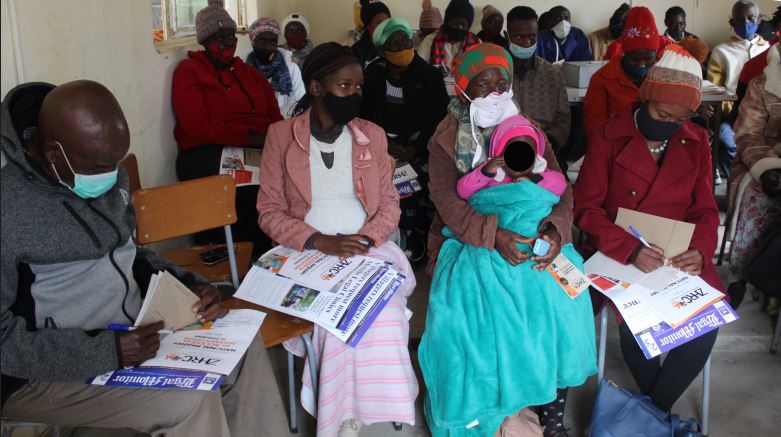By Bustop TV
The Zimbabwe Lawyers for Human Rights has expressed concern over the selective application of the Financial Action Task Force (FATF) recommendations in the Private Voluntary Organisations Amendment Bill gazetted on November 5 2021.
The FATF is a non-treaty inter-governmental body which promotes measures to help combat money laundering and terrorist financing.
Zimbabwe, a member of the East and Southern Africa Anti-Money Laundering Group is required to comply with recommendations and standards put forward by the FATF.
One of the recommendations by FATF was that countries put in place adequate laws and regulations to regulate certain non-profit organisations that are vulnerable to terrorist financing abuse. Against this background arose a provision of the PVO bill that non-governmental organisations and civil society organisations must disclose their source of funding.
This has however been criticised considering that no NGO nor CSO foreign or local, operating in Zimbabwe has been listed as a money launderer by the RBZ’s Financial Intelligence Unit.
ZLHR’s latest publication ‘The Operating Space of Civil Society Organisations in Zimbabwe: A Critical Analysis of the Proposed Regulation of Civil Society’ reads: “Unfortunately Zimbabwe – like many other states such as Nigeria, Tanzania, and Uganda – is selectively using the FATF recommendations to introduce draconian legislation criminalising legitimate activities of NGOs and imposing burdensome requirements on the entire sector, as opposed to specific NGOs at risk, and without consultation of the sector.
“The state has failed to demonstrate that increasing the executive’s regulatory powers over NGOs through the proposed PVO Act amendments is proportionate or necessary for AML/ CTF purposes.”
The PVO bill that seeks to amend the Private Voluntary Organisations Act has far reaching consequences on the civil society which provides humanitarian support, legal aid, and emergency aid in case of natural disasters.
This article was produced with financial support of the Content Creators Network ZW.
